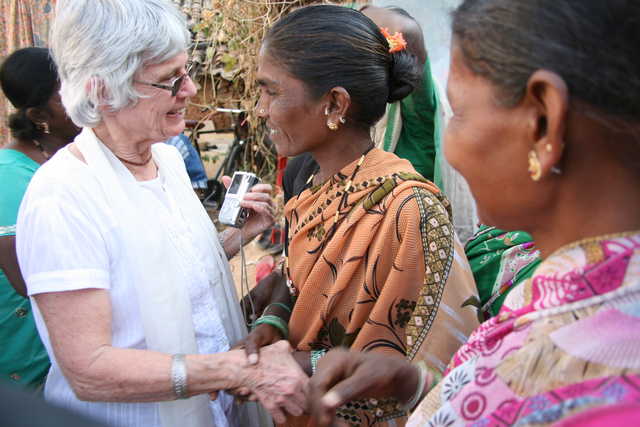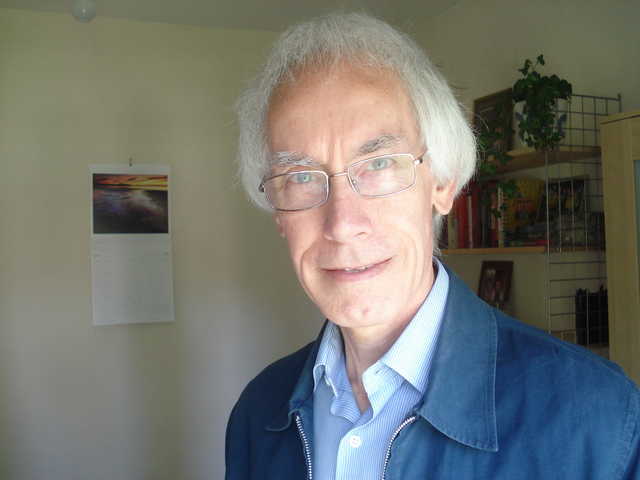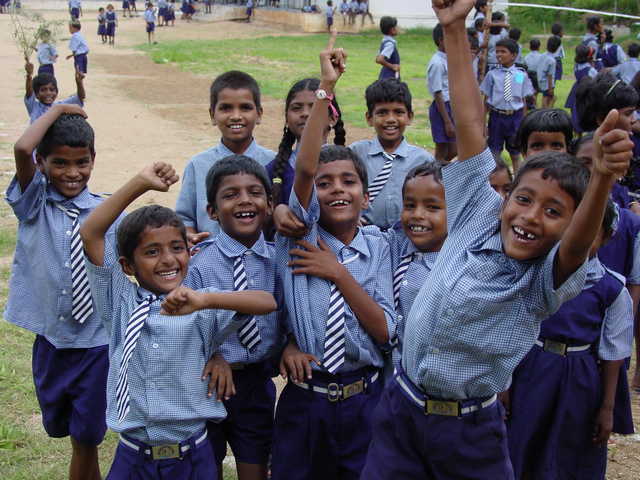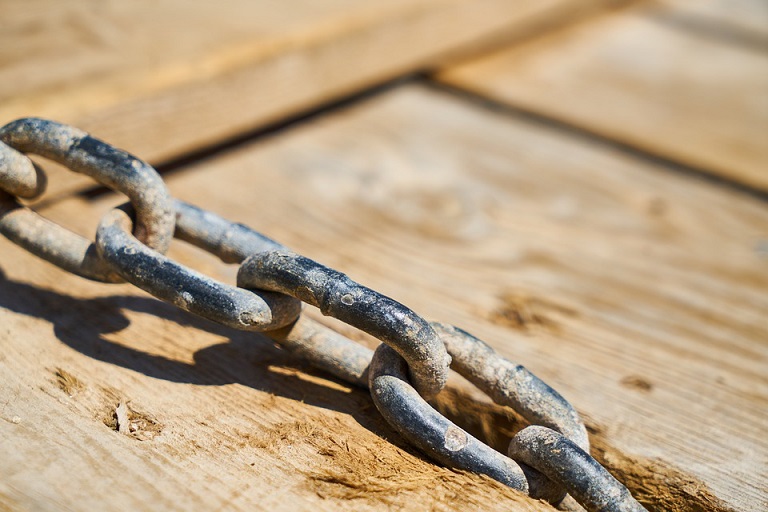Citizens struggle to overcome an age-old dogma that keeps them unjustly pinned under the foot of social order.
–

Kyle Robertson
–
Many hail the caste system as one of the defining marks of Indian culture; for those unlucky enough to be born into society at the bottom of the caste ladder, however, there is a line where culture ends and oppression begins. The Indian caste system is a religious order and ideology thousands of years old, and splits society into four distinct groups: the Brahmins, or religious leaders; the Kshatriyas, military and governing officials; the Vaishyas, traders and merchants; and Shudras, or the working class.
Below these levels live the Dalits or “untouchables”, people below the caste system and relegated to the fringes of society. They are often desperately poor and assigned the worst and dirtiest jobs available, from street cleaners to latrine clearers and mortuary workers forced to handle dead bodies.
Dalits are deemed so unclean that higher castes will have nothing to do with them; they are refused access to temples and are largely not allowed into upper class homes. Many live in small, dark and dirty rooms in the slums surrounding India’s cities.
In spite of their unspeakably low position in society, the number of people considered Dalits are massive, accounting for nearly a quarter of India’s total population.
There are also supposed to be laws on the books to protect Dalits from discrimination and ease some of their suffering, but most regulations are not enforced due to police ignorance and the convenience of looking the other way on the issue; the divisions between castes are, to this day, so thoroughly ingrained in the minds of many Indians that the plight of the Dalits goes ignored most of the time.
Some international organizations, however, are reaching out in response to repeated calls from Dalit leaders for aid. One such group is the UK-based Dalit Freedom Network UK, dedicated to servicing the lower-caste community in India and supplying them with the means to rise above the barriers that separate them from other castes.

Alistair Crow, Head of Operations at Dalit Freedoom Network (DFN), is no stranger to helping those in need. He spent nearly six years in India working with women trapped in the human trafficking and prostitution trades, many of whom were Dalits who could not find any other way to make a living.
Crow recalled that despite its antiquated nature, the caste system still has a powerful influence on Indian society. “Every Saturday the English newspaper had adverts for marriages, and people were still very keen to have similar castes for their children in marriages”, he said. “And almost every week we would read stories about people being assaulted or killed in rural areas because they had married out of their caste.”
While in urban areas the barriers between castes seem to have broken down in recent years, mostly due to young and student activists demanding change in policy and justice for the Dalits, the caste system remains very powerful in rural communities. A person born into a particular caste remains there for life, with no way of possibly moving up the social ladder.
Due to the harshness of caste divisions, Dalits are never safe from persecution. They can even be lynched simply for taking water from a well used by a higher caste. Most Dalits are illiterate and are prevented from buying or owning land.
Even Dalits who manage to move out of the slums and educate themselves face the constant threat of discrimination.
From his time working in India, Crow recalled a young woman who came to work with him at his organization.
She was attempting to escape a life of prostitution, but only managed to stay a few months before being forced back into the sex trade because she could earn more money there.
Later she returned to her training, showing great promise but was tragically murdered by a client.
 “It was a really distressing story,” he said. “There was real hope for improving her situation, but her life was cut off far too early.”
“It was a really distressing story,” he said. “There was real hope for improving her situation, but her life was cut off far too early.”
Due to the poverty and downtrodden nature of the Dalit class, they easily fall victim to the sex and human trafficking trades. In some areas of provincial India laws have been passed to protect against ritualized prostitution.
The process involves female children dedicated at a young age as Joginis or Devadasis to a temple and a particular god or goddess, who are then used by the village elders and priests as sex slaves.
Despite protections passed in 1988 to stop the practice, in Andhra Pradesh there have since been no prosecutions of people involved. Non-governmental organizations such as DFN are currently investigating the situation.
The trafficking problem is not confined to India; estimates say that nearly 27 million people around the world are currently bound in modern-day slavery of one form or another.
Nor, as it turns out, is caste discrimination.
A recent UK case alleges that a lawyer was discriminated against in the workplace and forced out of his practice after he had a relationship with a female co-worker of higher caste. The UK’s Equality Act has a provision against caste discrimination, but it remains to be seen if the law will be enforced.
While there are enormous obstacles preventing Dalits from receiving equal treatment, many organizations including DFN are working to chip away at these barriers and some progress has been made.
A primary method of improving quality of life for Dalits is through education, and DFN has contributed to the construction of local English-medium schools where Dalit children can go to receive the education they need to try to advance themselves in society (English is needed for all higher education).
Women’s empowerment groups, HIV/AIDS clinics, health centers that cater to Dalits and advocacy groups have all made strides toward improving the situation.
New laws have even been put in place to eradicate the job of latrine clearing.

But Crow said what really needs to occur is intense international pressure on the Indian government to take the plight of the Dalits seriously.
The caste system is different from things like the apartheid movement in South Africa because it’s actually religiously sanctioned, and no one wants to touch religion,” he said. “There have been some campaigns that have taken place, but because of how long it’s existed I think it is going to take an enormous amount of time; like a drip-feed of gradual change in people’s mentality. For it to affect the rural areas may take generations.”
For more information, visit www.dfn.org.uk.
(Photos: Pixabay)












.jpg)












